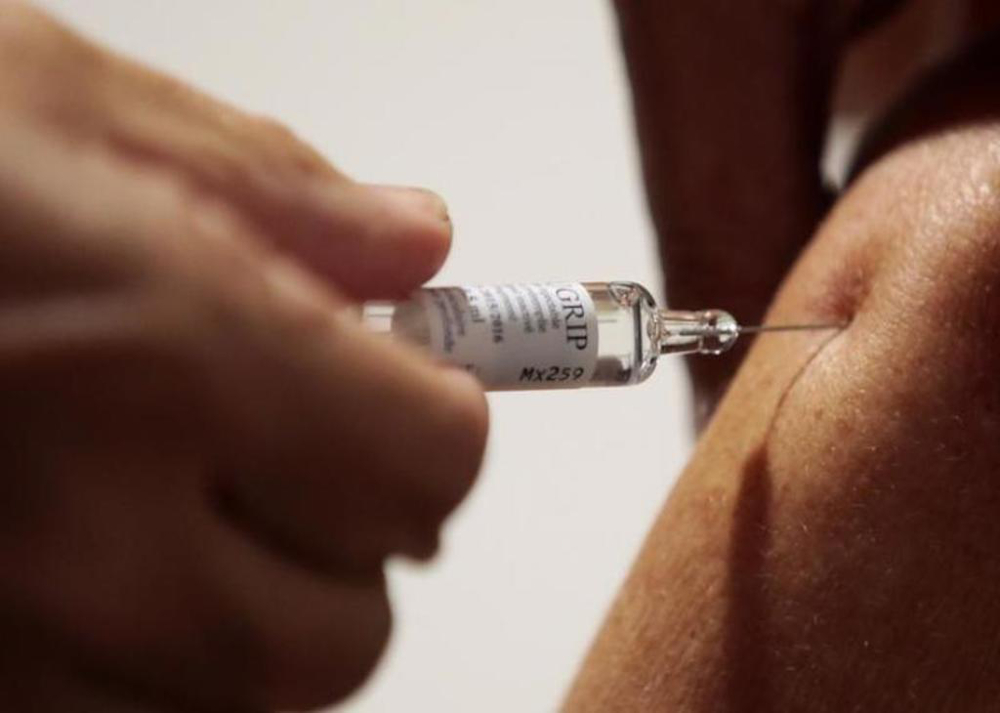SINGAPORE, June 26 — Foreign travellers who are not vaccinated against serious infectious diseases may be denied entry into the Republic under a new law proposed by the Health Ministry (MOH) to better protect citizens against a wider spectrum of infectious diseases.
Announcing the start of public feedback on upcoming changes to the Infectious Diseases Act, MOH said the amendment to give the authorities “discretionary powers” to return unvaccinated non-citizens to their places of embarkation without first offering them vaccination, isolation or surveillance will put the country “in line with international practice”.
The proposed changes come as infectious diseases such as avian influenza, ebola, and Middle East Respiratory Syndrome are becoming “serious public health threats globally”, the ministry added.
Currently, the law only requires people entering Singapore to be vaccinated against specific infectious diseases under the International Health Regulations. For now, yellow fever is the only infectious disease which travellers must be vaccinated against.
Under existing law, unvaccinated travellers may be subjected to vaccination, isolation or surveillance here, and those who refuse to comply may be returned to their places of embarkation.
The proposed amendment will help MOH to better manage the risk of importation of serious infectious diseases by high-risk non-citizens into the country, the ministry said.
“This discretion will be exercised judiciously, in scenarios where it is impractical to offer vaccination, isolation or surveillance,” it said, adding that “unwell travellers arriving in Singapore will not be turned away, and will continue to receive medical attention as needed”.
Another proposed change is to allow the MOH to get Singapore-based mobile operators, air, sea and land transport operators, as well as port service and transport facility operators to disseminate health advisories to people visiting or who have visited overseas areas affected by an infectious disease of public health concern.
The health authority will also be able to get them to spread health advisories to at-risk individuals locally — in the form of posters or information leaflets, for example.
Another change aims to formalise a “risk-stratified approach” to deal with individuals with different levels of public health risk.
The amendment proposes that contacts of people identified as cases or carriers be allowed to perform certain occupational activities, instead of being issued a blanket stop-work order if they are assessed to be of lower risk of transmission, and certain conditions are met. They may also be allowed to visit certain defined places without strict home quarantine.
High-risk individuals who willfully violate legal orders to prevent the spread of disease may be subjected to an even tighter set of movement restrictions, which may see them banned from leaving Singapore.
While they might not be arrested for flouting the orders, the amendments MOH has drafted will empower it to take necessary measures — including the use of physical means — to reinstate the isolation or movement restriction order to mitigate the risk of disease spread they pose.
Public consultation on the proposed changes will begin tomorrow, when details of the proposed amendments will be found on the Reach and MOH websites.
The ministry said it will carefully consider all feedback, which can be submitted to [email protected] from Wednesday till 6pm on August 7. — TODAY






















